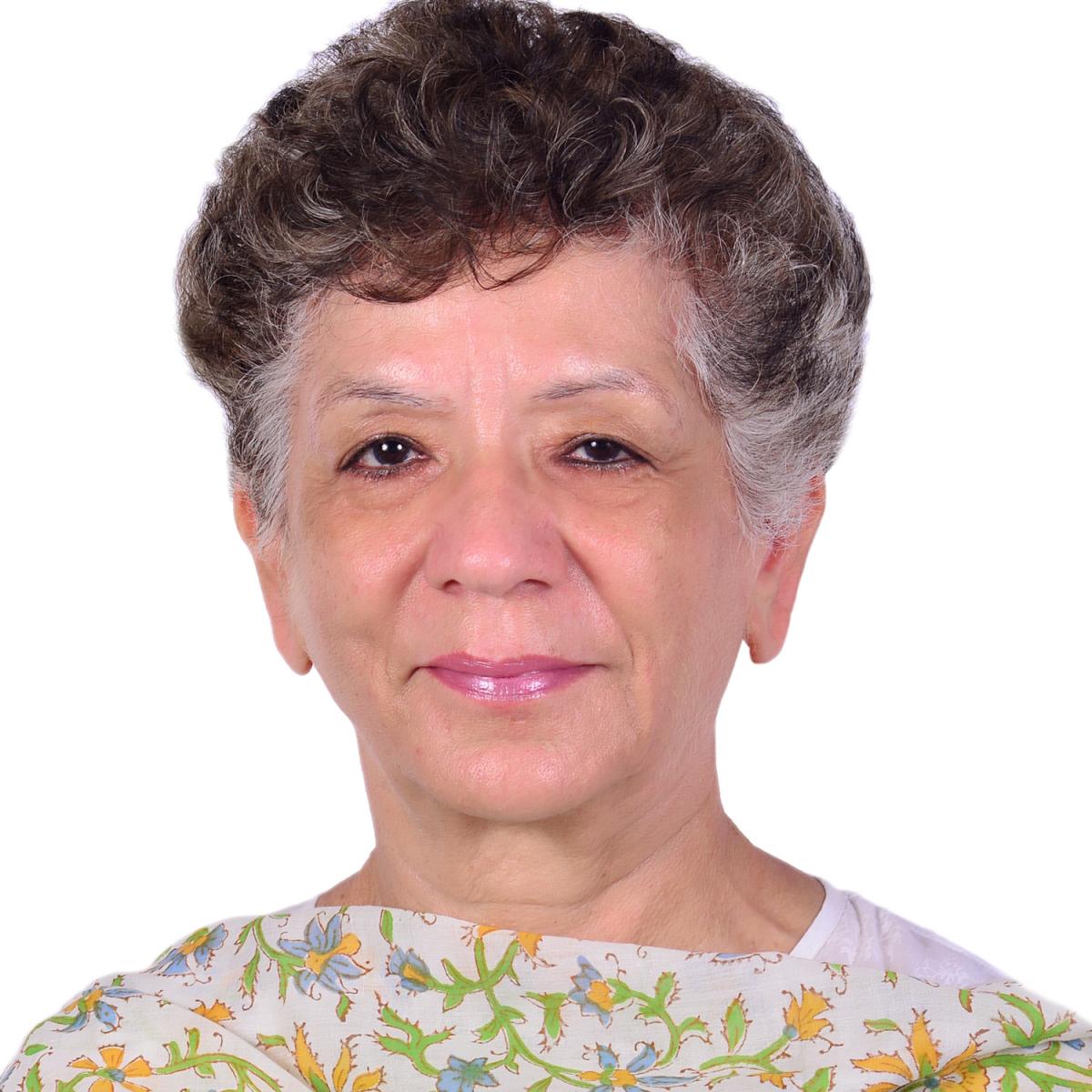

Neera Chandhoke as Plenary Speaker at the 2025 IPSA World Congress
Publication date: Mon, 20 Jan 2025
IPSA is pleased to announce that Professor Neera Chandhoke will be a plenary speaker at the 2025 IPSA World Congress of Political Science in Seoul on 16 July 2025.
Her keynote, titled Legal Autocracy in South Asia, will examine how autocrats in the region undermine democratic institutions through legislation while maintaining the facade of democracy. Prof. Chandhoke will explore the factors behind their enduring popularity, including the use of populist strategies that exploit fears and historical conflicts in pluralistic societies.
Legal Autocracy in South Asia
Entire societies find themselves under the sway of autocrats who often lack both competence and compassion. These leaders have initiated a process of legal autocratization, systematically undermining democratic institutions and practices through legislation, all while maintaining the façade of democracy. Yet, despite these erosions of democratic norms, they are repeatedly returned to power in election after election. Fortunately, not all citizens are captivated. The discerning and critical among them compile a litany of grievances against these autocrats, including institutional capture, the weakening of opposition parties, centralization of power, media control, and the suppression of civil society. However, they struggle to understand the reasons behind the popularity of populists. With little concern for a nation’s people, the populist leader continues to revive and implement colonial-era policies of divide and rule, suspending civil liberties and imprisoning activists, cartoonists, satirists, and artists. The populist’s appeal lies in their ability to resonate with a sentiment that taps into the political unconscious - specifically, a fear of those who are perceived as different. In pluralistic societies, the populist skillfully manipulates historical memories of community conflicts, triggering suspicion and anxiety. We now live in an age marked by distrust of our fellow citizens and a pervasive fear of brutal repression against dissent. In societies like India, which have previously managed to maintain a delicate social balance among communities with a history of conflict, this balance is now in jeopardy. This erosion of stability is both a cause and a consequence of legal autocratization.
Biography
Neera Chandhoke, Distinguished Fellow at the Centre for Equity Studies in Delhi, is a former Professor of Political Science at the University of Delhi. She has written widely on civil society, secularism, revolutionary violence, democracy and the constitution.
Her publications include We, the People, and Our Constitution (Delhi, Speaking Tiger, 2023), Nelson Mandela: Peace Through Reconciliation (Routledge, 2022), Violence in Our Bones: Mapping the Deadly Fault Lines Within Indian Society (Aleph, 2021), Rethinking Pluralism, Secularism, and Tolerance: Anxieties of Coexistence (Delhi, Sage Publications, 2019), Democracy and Revolutionary Politics (London, Bloomsbury, 2015), Contested Secessions: Rights, Self-Determination, Democracy, and Kashmir (Delhi, Oxford University Press, 2012), The Conceits of Civil Society (Delhi, Oxford University Press, 2009), Beyond Secularism: The Rights of Religious Minorities (Delhi, Oxford University Press, 1999), and State and Civil Society: Explorations in Political Theory (Delhi, Sage Publications, 1995). She is a regular contributor to newspapers and online news platforms, and is currently working on her upcoming book, The Political Vocabularies of Freedom in India.
Further details regarding her plenary address are available on the World Congress website.











